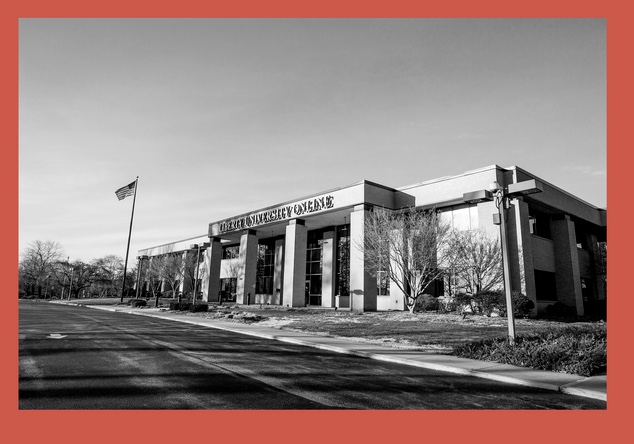. . .
Such steadfast allyship has prompted ridicule even from some fellow evangelical Republicans. But it makes more sense in light of an overlooked aspect of Liberty: its extraordinary success as a moneymaking venture. Like Trump, Falwell recognized the money to be made in selling success — in this case, through the booming and lightly regulated realm of online higher education. Falwell’s university has achieved the scale and stature it has because he identified a market opportunity and exploited it.
The real driver of growth at Liberty, it turns out, is not the students who attend classes in Lynchburg but the far greater number of students who are paying for credentials and classes that are delivered remotely, as many as 95,000 in a given year. By 2015, Liberty had quietly become the second-largest provider of online education in the United States, according to The Chronicle of Higher Education, its student population surpassed only by that of University of Phoenix, as it tapped into the same hunger for self-advancement that Trump had with his own pricey Trump University seminars. Yet there was a crucial distinction: Trump’s university was a for-profit venture. (This month, a judge finalized a $25 million settlement for fraud claims against the defunct operation.) Liberty, in contrast, is classified as a nonprofit, which means it faces less regulatory scrutiny even as it enjoys greater access to various federal handouts.




